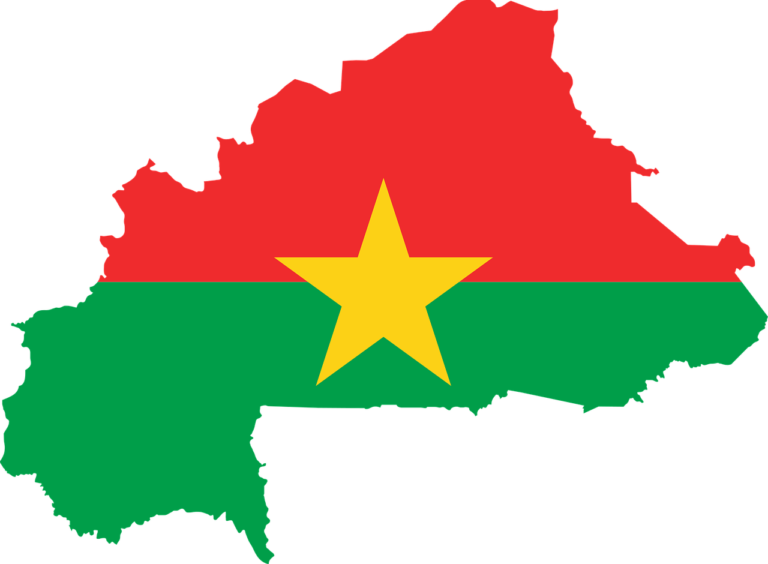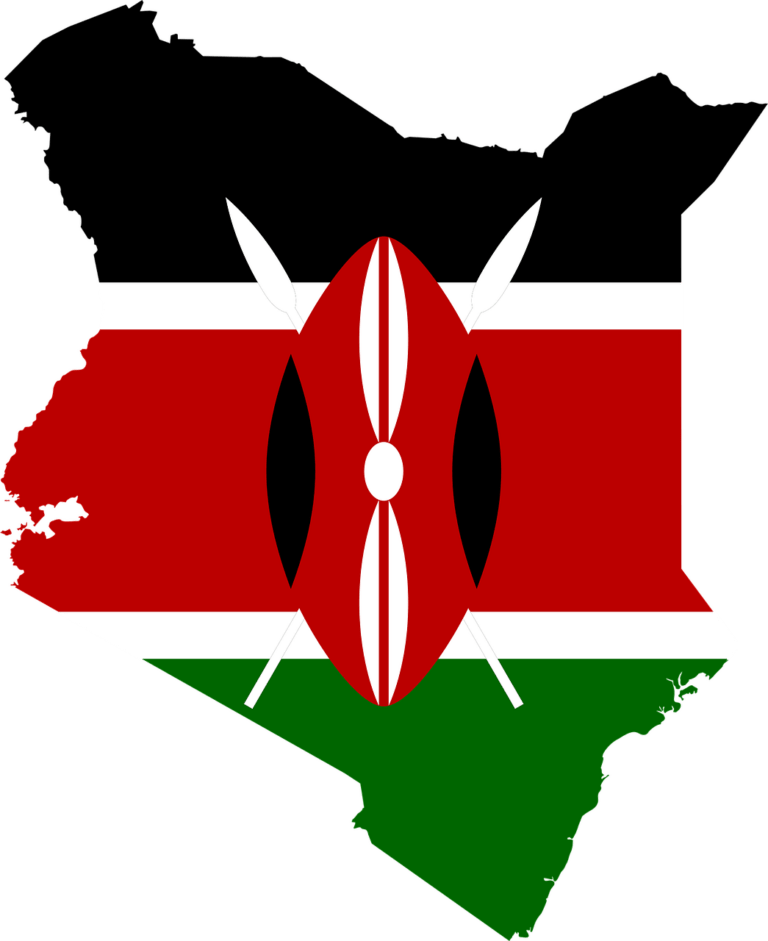Decreasing interest in English literature in Ghanaian universities

Some of my previous reflections alluded to the dwindling impact of English, or literatures in English in particular, on the educational arena in Ghana and the symptoms of that frightening development. Fewer students are enrolling in Departments of English, a phenomenon noticed across the spectrum from senior high schools (SHS) to the university level.
Language professionals who seek to advance their knowledge or acquire more skills generally enroll in universities. Most language instructors among them opt to pursue studies in English language. They believe a degree or certificate in English language equips them with the skills needed in the classroom. Coupled with that, teacher training institutions and high schools prefer to employ graduates in English language. So, job security also accounts for the focus on the study of English Language rather than literatures in English. Another reason behind the neglect of literature is the general belief that any instructor who teaches language is equipped to teach literature in English and that makes it more difficult for lovers of literature and graduates in that field to find their way into the high school classroom and the teacher training institutions and other spheres in the job market.
Graduates in English language cannot teach literature in English with the profound, determined and passion-driven vision that permits good and effective coaching in literature. Teaching of literature is synonymous with engaging a profusion of literary and academic essentials like the birth and development of writing, famous literary works, studies in character development and elements of style, reflections on the writings on literature and the worrisome dearth of such manuals, how to establish a symbiosis between the teaching of literature, writing literary materials on the one hand and the community we live in, on the other. All in all, placing studies in English language above literature in English is a misconception that has persisted long enough and has done a woeful disservice to society.
That neglect of literary studies is a fact in Ghana and most African countries. I have no doubt that Francophone African countries have fallen into the same trap since French assimilation banned African languages and therefore there could be no literature grounded in the African Francophone soil. The whole continent wallowed in this quagmire of misinformation and fallacy for almost a century. What gladdens our hearts is the step being taken by literature instructors at all levels of the education sector – from the university level to the basic school, with the cooperation of senior officials of Ghana Education Service and the Examination Council of West Africa. A historic colloquium took place between 8 and 10 May 2024 at the Kwame Nkrumah University of Science and Technology (KNUST) in Kumasi, Ghana, where the Literature Association of Ghana (LITAG) which was birthed months ago at the university of Cape Coast (Ghana) organized its maiden conference. The main aim of this first gathering was to ponder the unfortunate dichotomy that poses a chasm between studies in English language and studies in literatures in English. The truth is that no stone was left unturned to restore the teaching of literature at the place where it belongs. Some of the most experienced and respected literature professors graced that “rectification” process by delivering special lectures to an audience comprising lecturers and instructors of English.
Professor Kofi Anyidoho whose name cannot be omitted when speaking about world literature, African literature and Ghanaian literature, Ewe literature (Ewe is his mother tongue) set the ball rolling with a robust notion and practice that is a sine qua non for the flourishing of the teaching of literature, stressing the need or obligation to train the younger ones so that engagement with literature never dies. Anyidoho demonstrated his point by asking one of his protégés to perform some of his oral materials to the audience. Nana Asaase mesmerized the audience, his performance revealed how the mentorship he received from Anyidoho had transformed him into the present able, competent, creatively generous young artist in oral and written literature he is. Almost all universities extended an invitation to this brilliant young man and scholar in literature to help in the teaching and performance of literature in their institutions. Seeing Asaase perform his poems, tales and other rich materials stressed the sanctity of teaching and study of literature.
Professor Yaw Sekyi-Baidoo, a scholar who straddles language and literature, made vigorous claims towards rescuing literature. To him, literature is life, literature is instruction, literature is language and literature provides the foundation on which science rest and stands. Professor M. Koffi Koddah a scholar and professor of French and Francophone Civilization, unequivocally, revealed the pivotal role of literature in national development. The first step has therefore been taken to redirect, sanitize and energize the area of literature. In a roundtable discussion with relevant stakeholders, several great minds proposed a synergy with other departments to embrace or experiment with practices or mount courses like Theatre for Development (T4D), a recommendation severally made by Professor Victor Yankah of the University of Cape Coast to make literature more fun and community related. Anyidoho reiterated the fundamental role of mother tongues and the need to “live them” daily rather than confining the teaching of African languages within the walls of the classroom. He stipulated that “misinformation/miseducation”, and poor choices make the larger society and STEM enthusiasts (STEM refers to Science, Technology, Engineering and Mathematics) generally undermine the benefits and role of literature in national development.
The Literature Association of Ghana intends to organize annual conferences and several socio-pedagogical activities to work towards the eradication of the malaise which this dissociation of language and literature represents.
Moussa Traore is Associate Professor at the Department of English of the University of Cape Coast, Ghana.






It is commendable that the association has taken the initiative to revive the appreciation for literature within the Ghanaian educational system, especially among students at all academic levels. In my view, the waning interest in literature in Ghanaian schools may also stem from the level of expertise of educators responsible for teaching literature across the educational spectrum in Ghana.
Well said, in my candid opinion, the major reason students are not interested in literature has to do with the manner of presentation and sometimes the kind text selected for students. In SHS for example, most teachers cannot critique the texts and rely solely on commentary written by people of which some of them are not properly written.
I appreciate this article well because it shows me a new path for my adventure in literature.
Language and literature are both inseparable in the society.
I commend you for the informative and eductive piece. As a matter of fact, teaching and learning literature at the basic level and the secondary level has become a challenge that language departments face of late. Occasionally, many teachers of language decline the offer to teach literature even though they are trained in it. This makes pressure accumulate on a few teachers who agree to handle the subject without passion thereby making learners not cultivate an interest in literature. I believe that regular colloquium for teachers of the subject would in a long way assist in arousing the interest of students at the basic level before they further climb to the university level.
Thank you. This is a great move in the right direction. Literature is literally going into extinction. Some SHS prefer their students to offer history instead of the Literature with the assumption that it’s easy to pass history than Literature. I am grateful WAEC is part of this colloquium and I believe a lot will be done in sensitising the teachers of Literature and working on the marking scheme so Literature can be more fun and at the same time easy to pass to arouse the interest in learners.
A step on the right direction, I know the impact of this conference will bring the change we hope to see.
Thanks for this interesting text which is about the importance of literature. After going through the whole I found it very Worthy.
This text must cross the borders so as many people will read it and socialize themselves with the concept of literature.
Not all language instructors who can taught literature no and no.
I like it.
Wow
Great piece Long live LITAG
As literature is life,May the association live to ignite the lives of individuals and communities for a better Ghana
I’m really happy the literature scholars are making efforts to revive the study of literature. I however think that special attention must also be paid to the prescriptive and stern marking schemes of WASSCE for elective literature students, which in my opinion is one of the root causes of the mass failures of elective literature students. This will help to generate interest in students towards the study of literature in the senior high schools and to the universities as well.
Great work and true observation